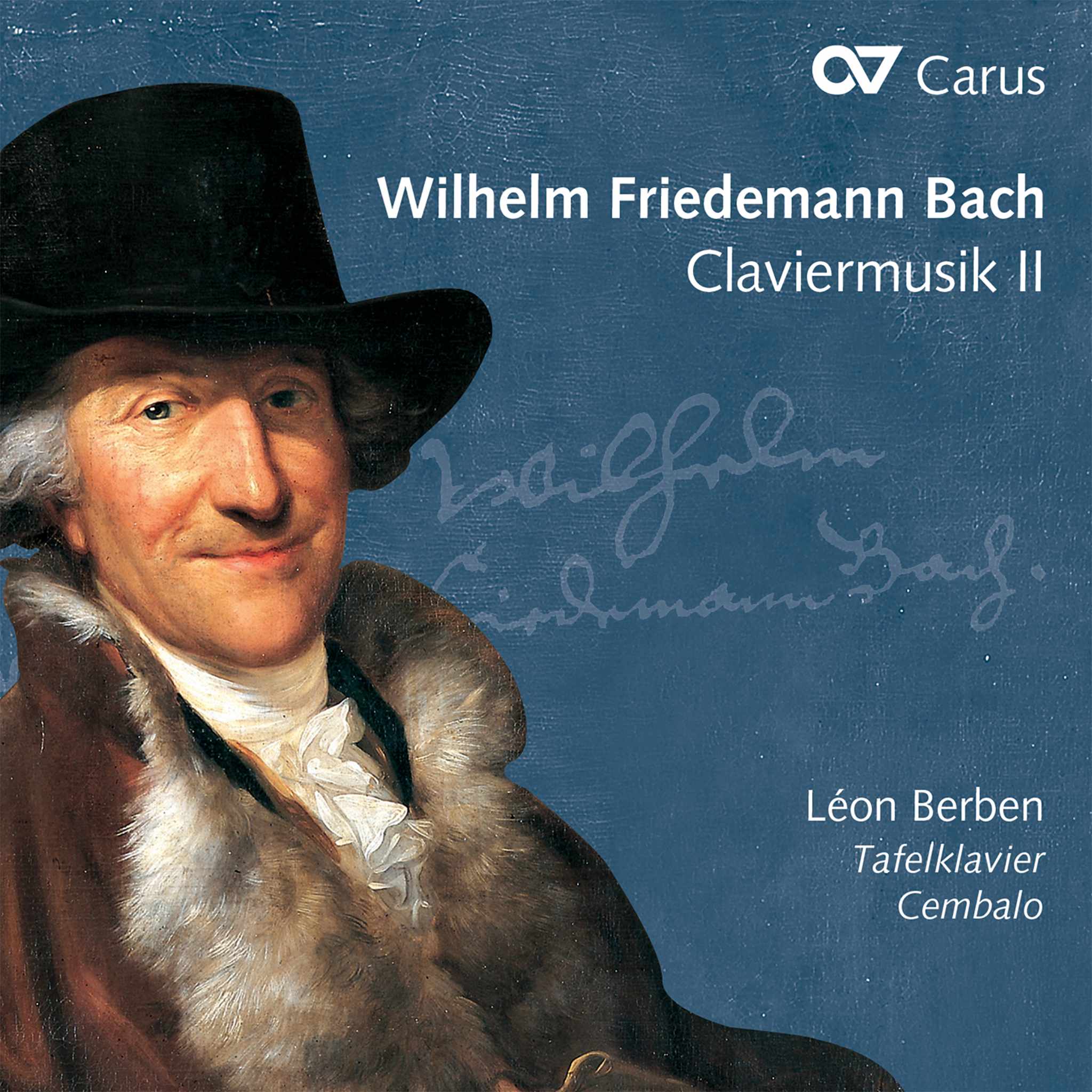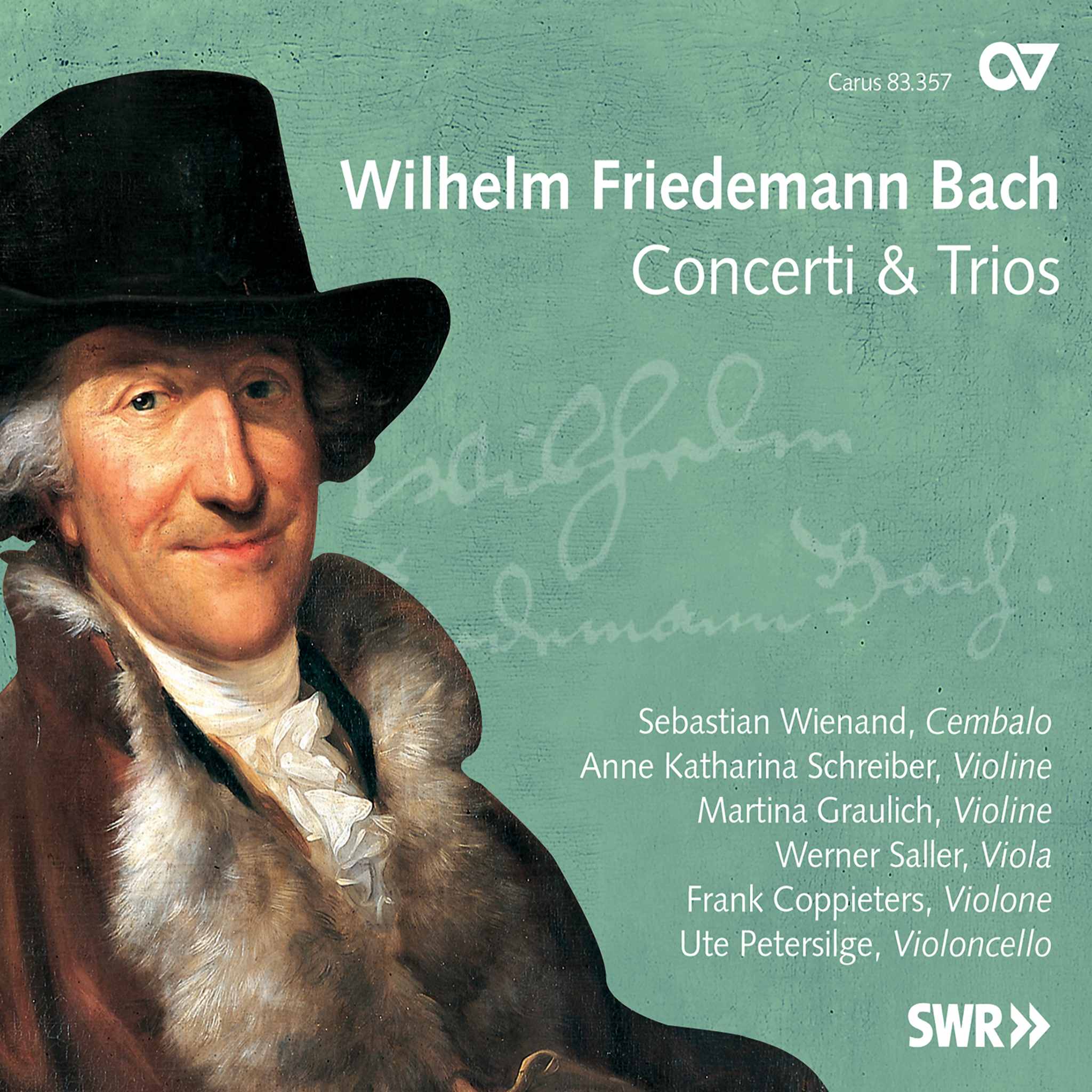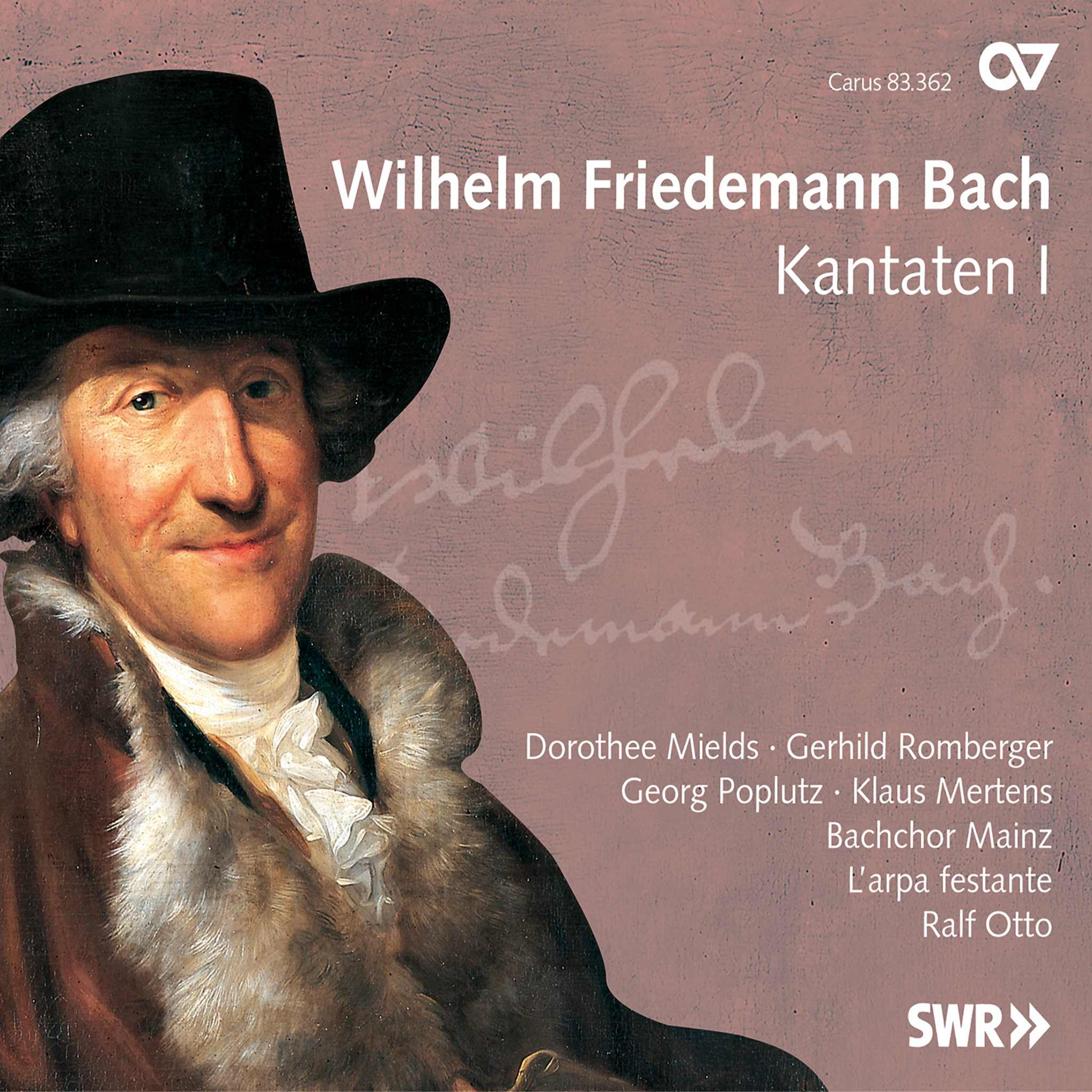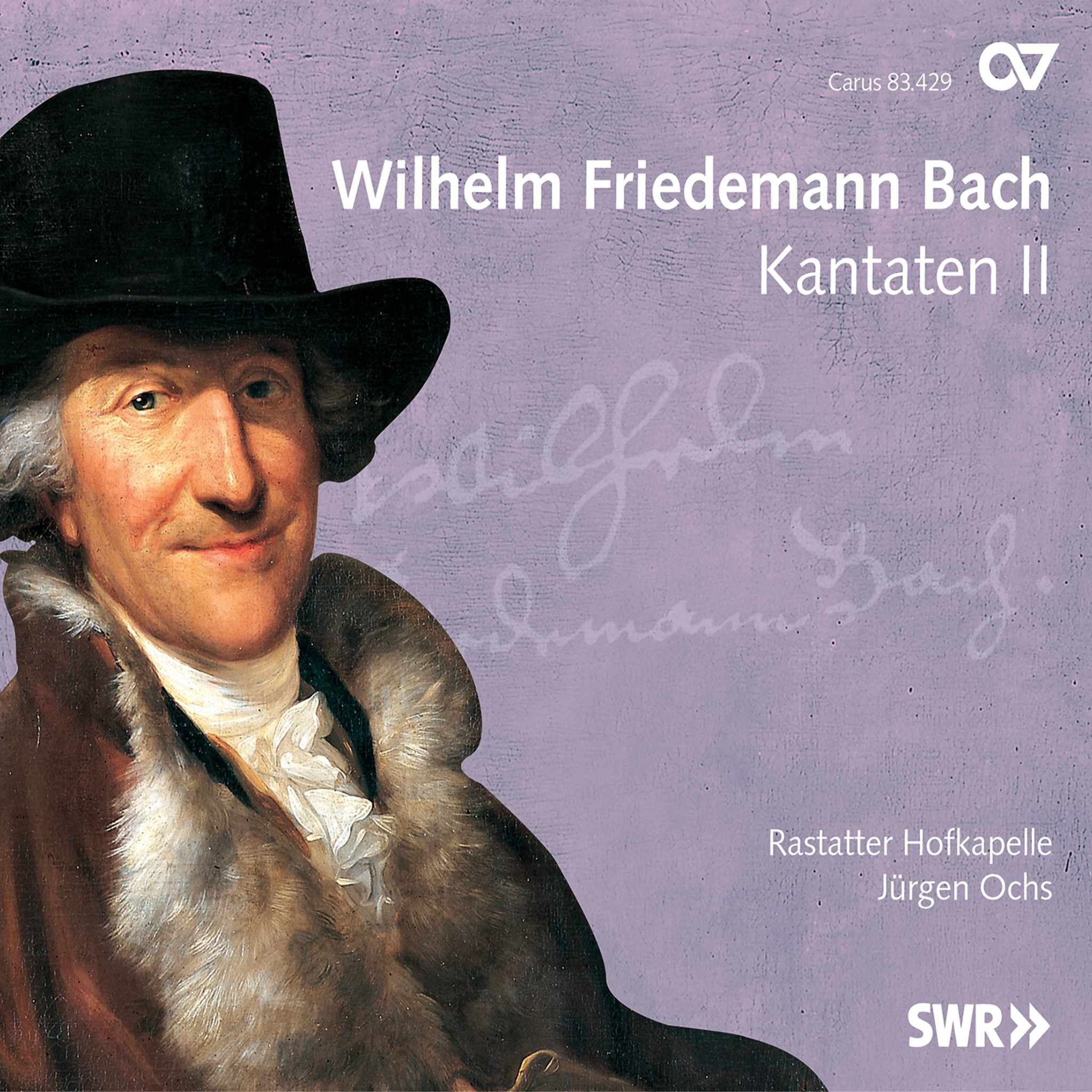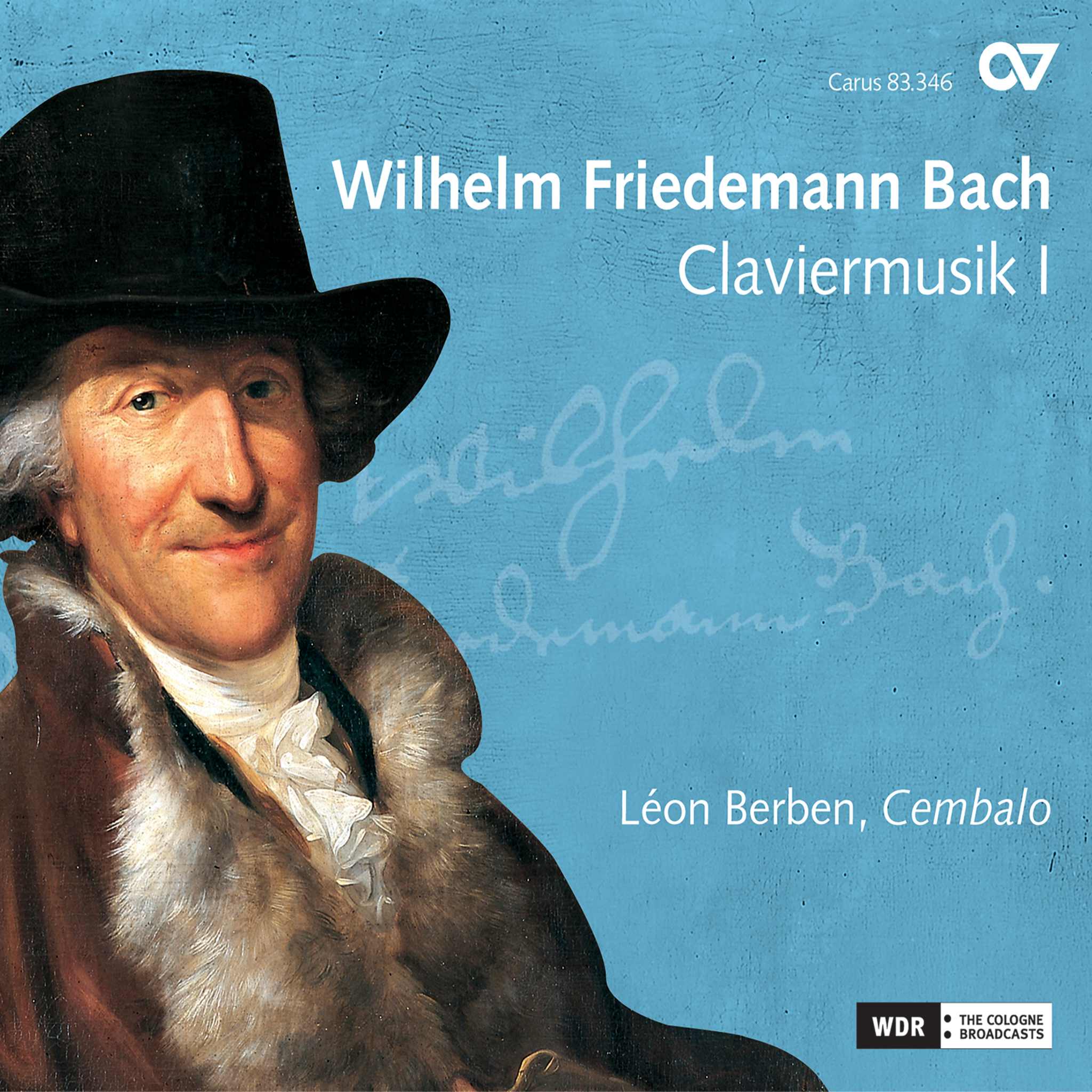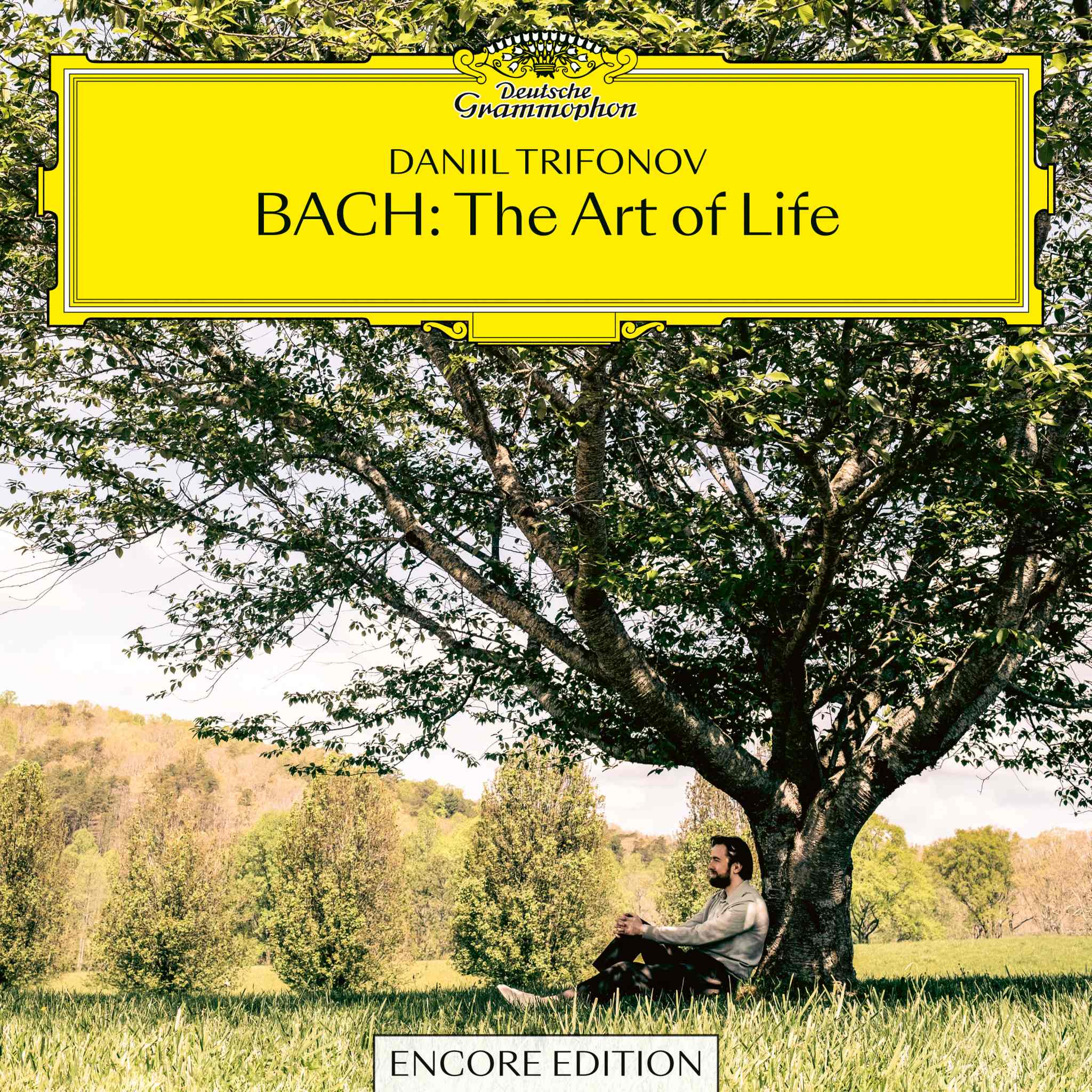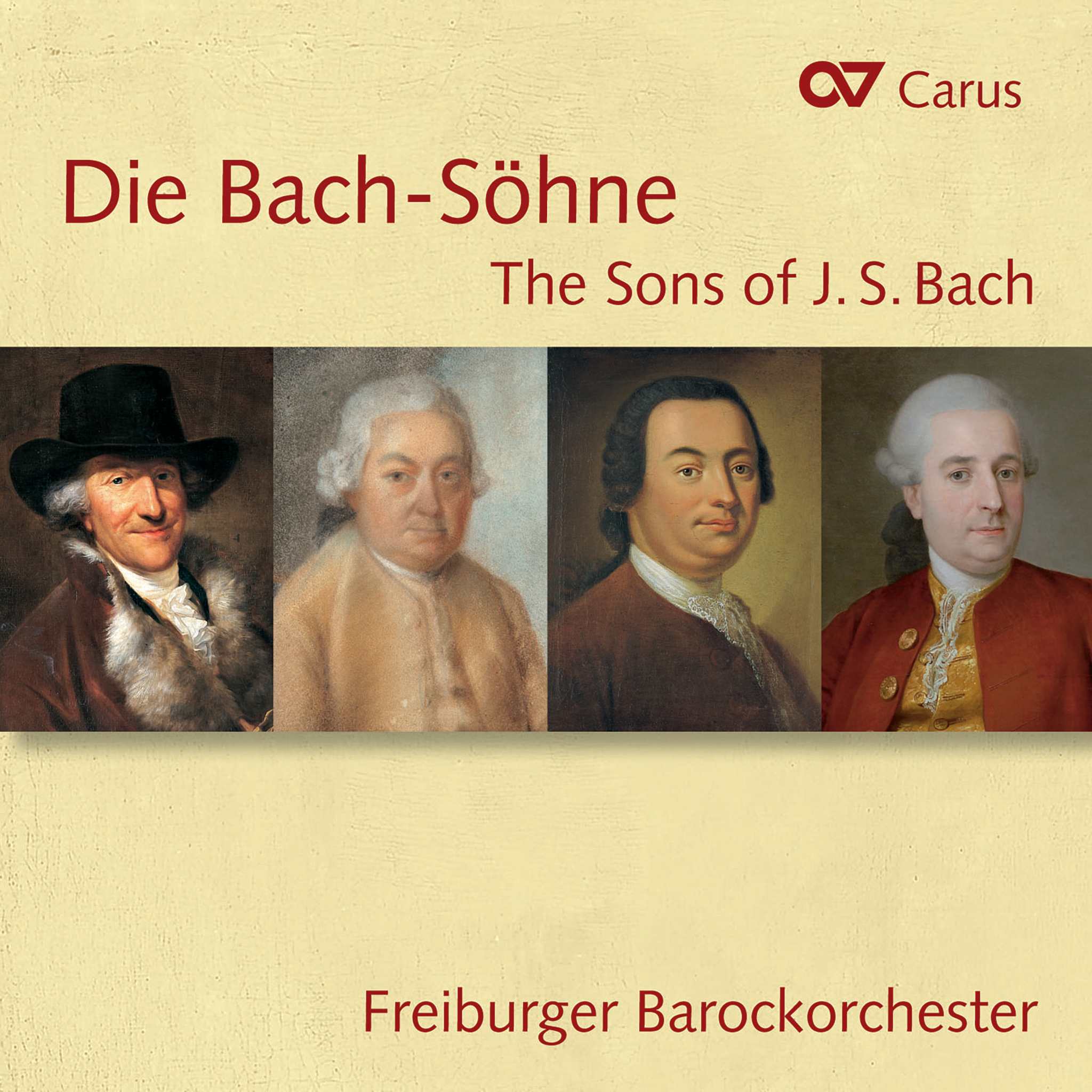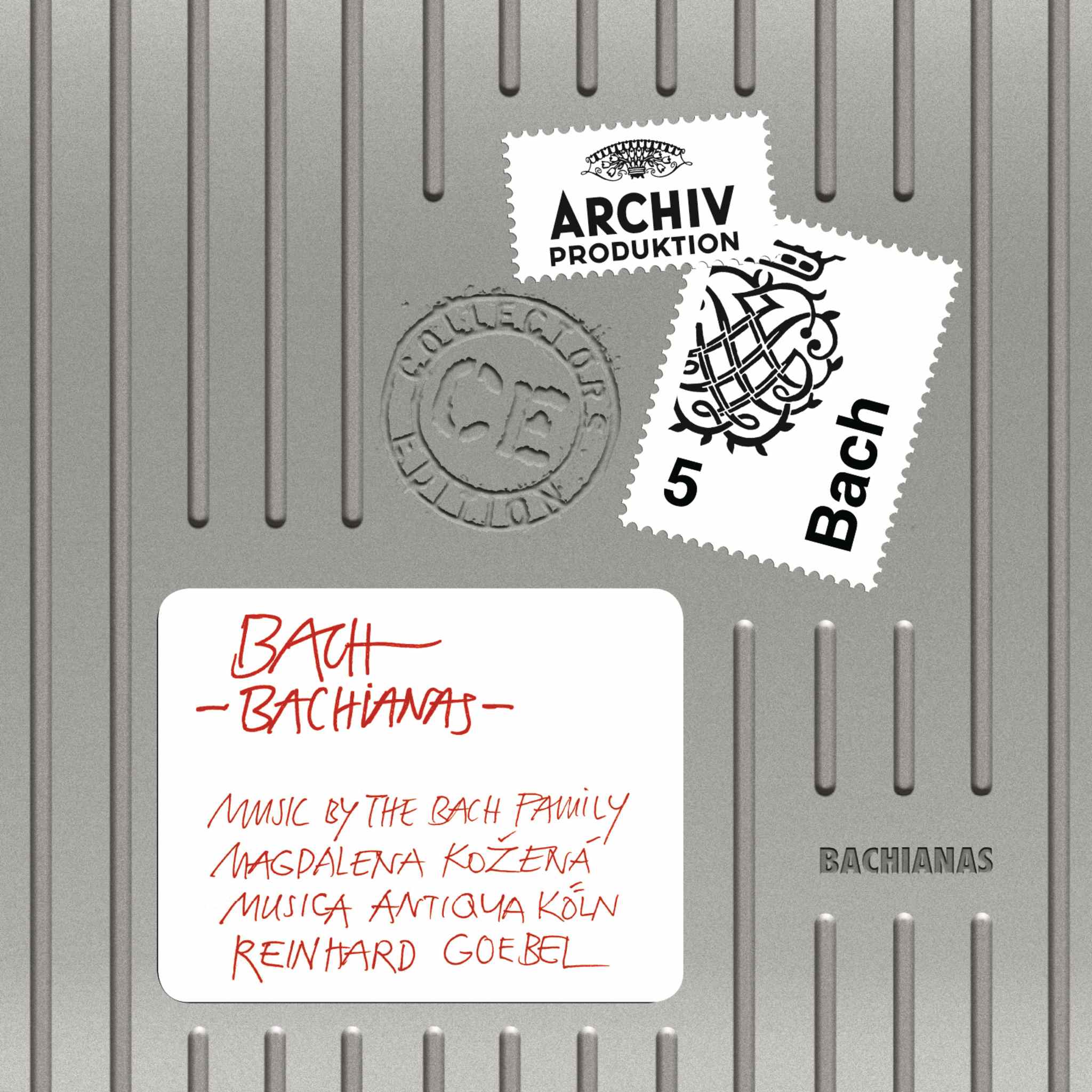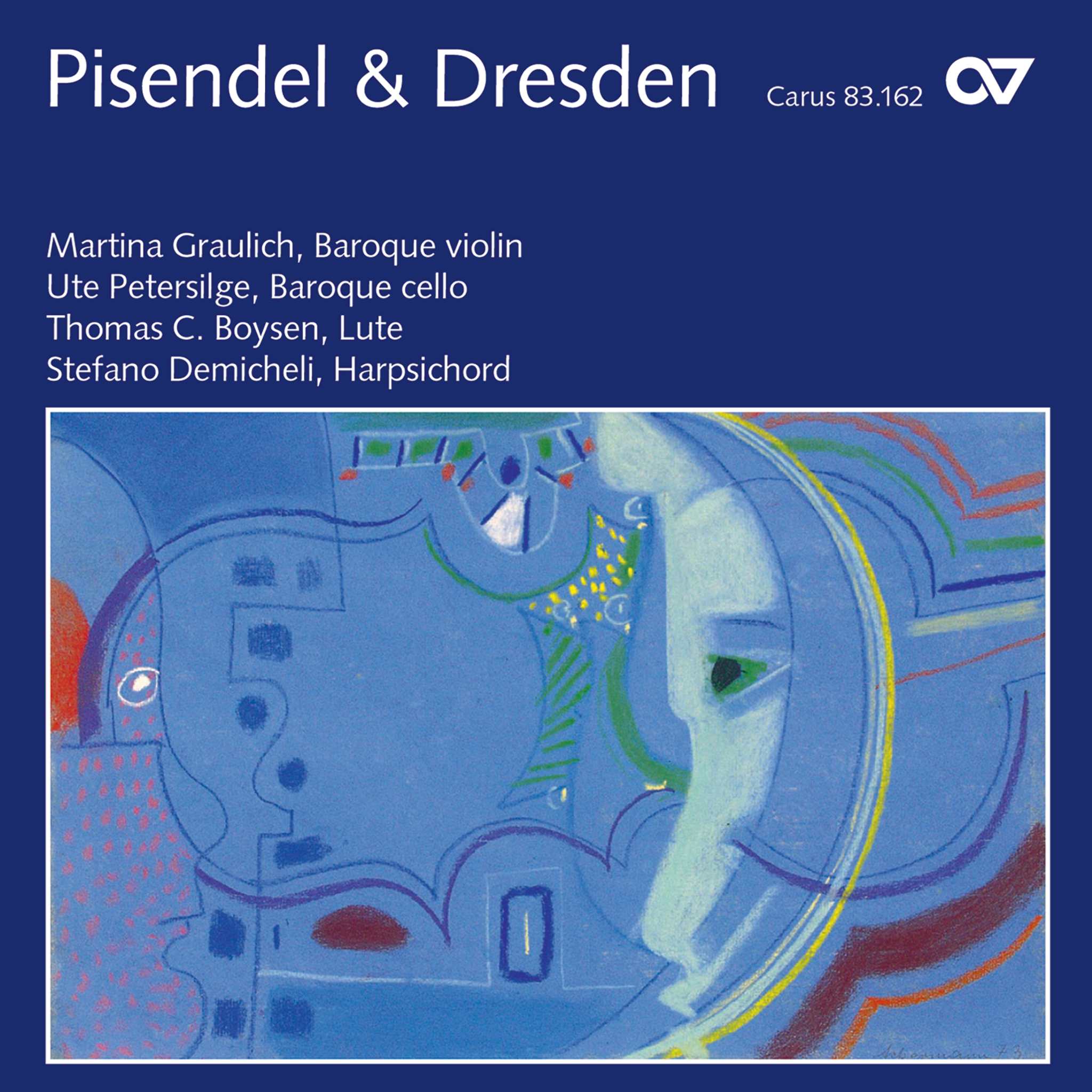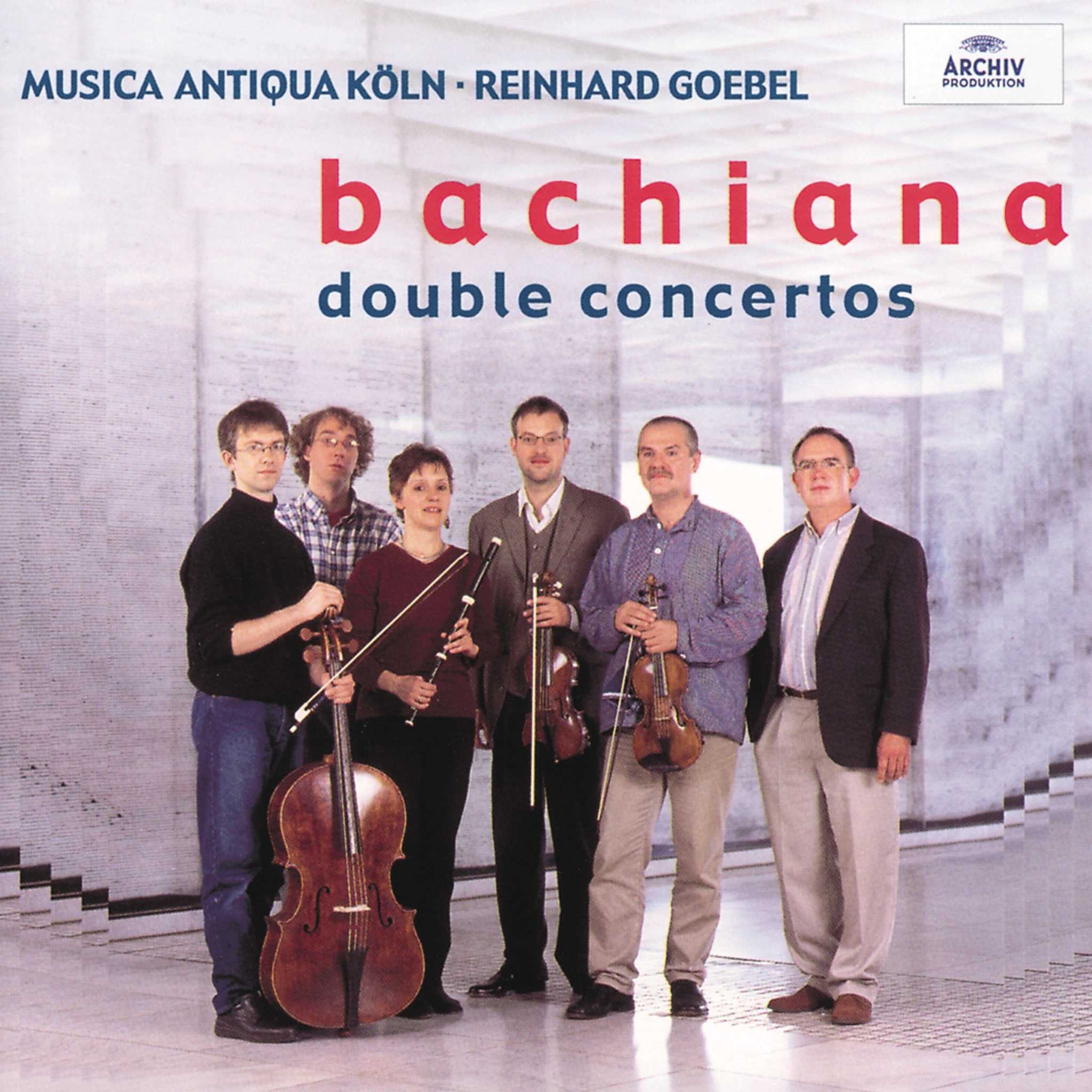Celebrating the Mastery of Wilhelm Friedemann Bach - The Art of Life
Deep Dive into the Life of Wilhelm Friedemann Bach
Wilhelm Friedemann Bach, born on November 22, 1710, in Weimar, was the eldest son of Johann Sebastian Bach. He received extensive musical training from his father, which included entries in the Clavier-Büchlein vor Wilhelm Friedemann Bach, a comprehensive guide to keyboard studies. Friedemann's education began at the Lutheran grammar school in Köthen and continued at St. Thomas's School in Leipzig after his family moved there in 1723. He later enrolled at the University of Leipzig in 1729 to study law, philosophy, and mathematics.
Friedemann Bach's Musical Journey
Friedemann began composing at a young age and was known for his exceptional organ improvisations. He became one of the last great German Baroque organists. His career as a composer and organist was initially successful; he was appointed organist at the Sophienkirche in Dresden in 1733 and later at the Liebfrauenkirche in Halle in 1746. However, his career faltered in later years due to personal issues and an inability to adapt to changing musical tastes.
The Legacy of Wilhelm Friedemann Bach
Wilhelm Friedemann Bach composed a variety of works, including keyboard solos and concertos known for their technical mastery, chamber music that showcased his ability to blend different instruments harmoniously, and approximately thirty church cantatas, reflecting his deep religious roots. Despite the challenges in his personal life and career, his musical mastery, particularly in keyboard fugues, continues to be revered.
Personal Life and Later Years
Friedemann's personal life was marked by challenges. He struggled with instability and was known for being irascible. After leaving Halle in 1764, he failed to secure regular employment, leading to a period of financial hardship. He eventually moved to Berlin, where he survived by giving recitals and teaching until his death on July 1, 1784. Despite these challenges, his legacy as a classical composer continues to influence musicians and composers like Daniil Trifonov, Magdalena Hoffmann, Musica Antiqua Köln, and Reinhard Goebel.


